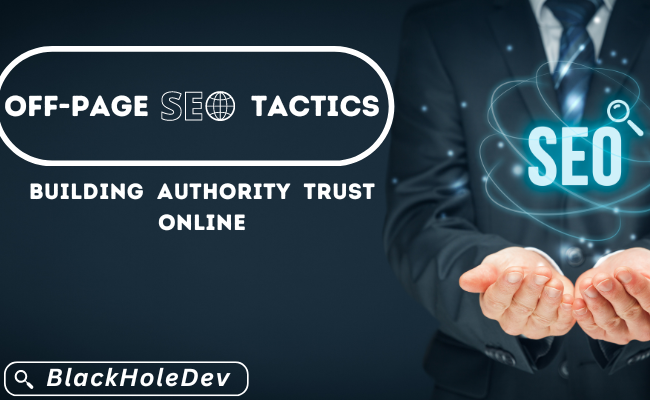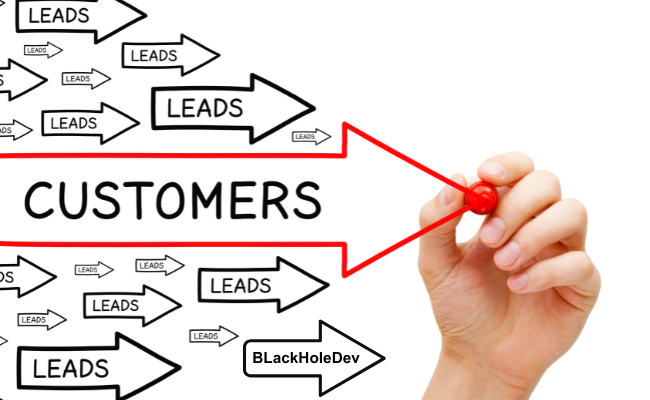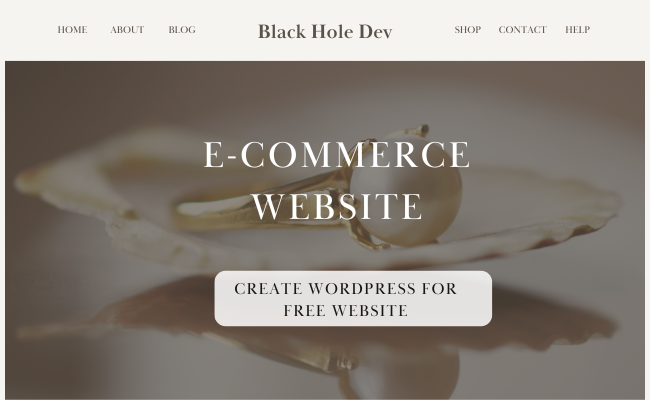Introduction
Nowadays billions of websites compete for visibility and Search Engine Optimization (SEO) is the lighthouse that points companies in the direction of success on the internet. Fundamentally, search engine optimization (SEO) is about making a website more visible on search engine result pages (SERPs), which generates organic traffic and supports website growth. Yet it is always changing, a new player has surfaced to disrupt SEO practices: artificial intelligence (AI). To better understand how AI and SEO work together, with IT services to get at the Top in Google search this article will examine how AI technologies are changing the way that modern optimization techniques are put into effect.

Understanding AI in SEO
So for the People Who don’t know What is “AI”, Let’s get that out of the way AI is called artificial intelligence, The simulation of human intelligence processes by machines, particularly computer systems, is known as artificial intelligence. and some people may call it Robots and stuff like that let’s not go further…SEO services Artificial intelligence is the term used to describe how technology, especially computer systems, can simulate human intelligence processes. Large-scale data analysis, insight extraction, and task execution with and minimal human intervention are all capabilities of AI algorithms used in SEO. AI-powered SEO tools and technology have advanced tremendously,
AI Applications in SEO

AI’s incorporation into SEO has opened up a wide range of applications in several aspects of optimization, including:
Content Optimization: AI-driven content creation tools use algorithms to produce relevant, high-quality material for certain target audiences. Moreover, AI makes it easier to evaluate and optimize content quality, making sure that every piece appeals to people and search engines alike. Using artificial intelligence (AI) algorithms, personalized content recommendations provide content recommendations that are specifically catered to the interests and behavior of users.
Enhancement of User Experience: By continuously and daily changing content, layout, and suggestions based on unique user interactions, driven by artificial intelligence personalization of websites improves user experience. AI-driven chatbots converse with consumers in real time, answering questions and offering support, increasing user engagement. Using AI’s natural language processing powers, voice search optimization entails tailoring material to answer voice-based inquiries.
Technical SEO: AI-based crawling and indexing mechanisms efficiently analyze website structures and content, enabling search engines to index web development pages accurately. Automated website audits and error detection tools leverage artificial intelligence algorithms to identify technical issues and suggest corrective measures, ensuring optimal website performance. carrying out Schema markup using AI increases the visibility and relevance of web pages in search results.
Link Building and Analysis: By analyzing the quality and relevancy of incoming links, AI-powered backlink analysis tools help website owners establish a strong backlink profile. Link prospecting and outreach automation help to make it easier to find and interact with relevant websites and identify possible links. Artificial intelligence (AI) insights are used by predictive link-building techniques to anticipate trends and efficiently prioritize link-acquisition activities.
Advantages of AI in SEO

The adoption of AI in SEO offers several compelling advantages:
Improved Efficiency: automation streamlines repetitive tasks such as keyword research, Seo content creation, and data analysis, helping marketers to concentrate on tactical projects. Real-time data analysis and insights enable marketers to quickly make well-informed decisions that maximize campaign ROI.
Enhanced Accuracy: Because AI algorithms are so good at understanding data, marketers can extract useful insights from large, complicated databases. Artificial intelligence (AI) improves the accuracy and effectiveness of optimization efforts by decreasing human error in SEO techniques, which produces better results..
Adaptability to Algorithm Changes: SEO experts must react quickly to these regular changes in search engine algorithms. Because artificial intelligence can adjust to algorithm changes rapidly, marketers can remain ahead of the curve and make real-time strategy adjustments to maintain ranks and exposure.
Challenges and Considerations
Despite its benefits, the integration of AI into SEO has many sides like on page and of page and it also poses certain challenges and considerations:
Ethical Implications: The use of artificial intelligence raises ethical concerns related to data privacy, algorithmic bias, and user manipulation. Marketers must tread carefully to ensure that AI-powered strategies adhere to ethical standards and respect user rights.
Dependency on AI Tools: Without human supervision, an over-dependence on AI tools can cause complacency and the neglect of important details. Marketers who want to maintain a comprehensive optimization strategy should find a balance between human innovation and AI-driven automation.
Future Trends and Predictions

Looking ahead, several trends are poised to shape the future of AI-powered SEO:
Emerging AI Technologies: Advancements in machine learning, natural language processing, and deep learning will fuel the development of more sophisticated AI tools and algorithms, further enhancing SEO capabilities.
Integration with Other Digital Marketing Channels: Artificial Intelligence will increasingly Connect with email, social media, and content marketing, among other digital marketing channels, to maximize cross-channel campaign optimization and create synergies.
Predictions for the Future: With artificial intelligence (AI) algorithms getting better at interpreting user intent, providing personalized experiences, and forecasting search trends, the future of AI-powered SEO is quite promising.
Conclusion
In summary, artificial intelligence has an unquestionably revolutionary impact on SEO, completely changing the way marketers approach optimization. Through the utilization of AI algorithms and technology, enterprises might seize novel prospects for expansion, prominence, and interaction within the digital realm. Adopting AI-powered and artificial intelligence techniques will be essential to navigating this current landscape and maintaining competitiveness while promoting success in the always-changing SEO industry.

FAQs
What is the meaning of AI?
Artificial intelligence
Artificial intelligence is the simulation of human intelligence processes by machines, especially computer systems.
What effects does AI have on SEO strategies?
Because AI can automate processes like data analysis, keyword research, content creation, and website optimization, it had a big impact on SEO. It improves the effectiveness, precision, and flexibility of website optimization for search engine rankings.
What are a few instances of AI being used for SEO?
Applications of AI in SEO include chatbots and AI-generated content for content optimization; chatbots and AI-driven website personalization for improved user experience; technical SEO automation for crawling, indexing, and error detection; and AI-powered link-building and analysis tools.
What benefits does AI have for SEO?
AI has several benefits for SEO, including increased automation efficiency, better data interpretation and decision-making accuracy, and algorithm adaptation, which helps marketers keep ahead of search engine algorithm changes.



